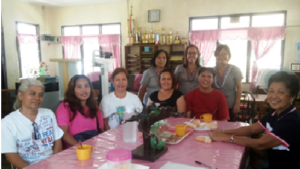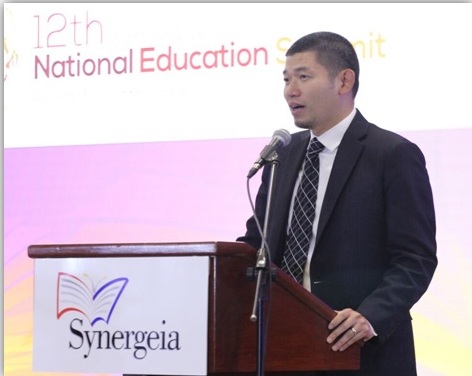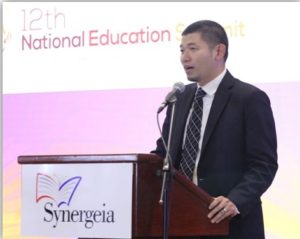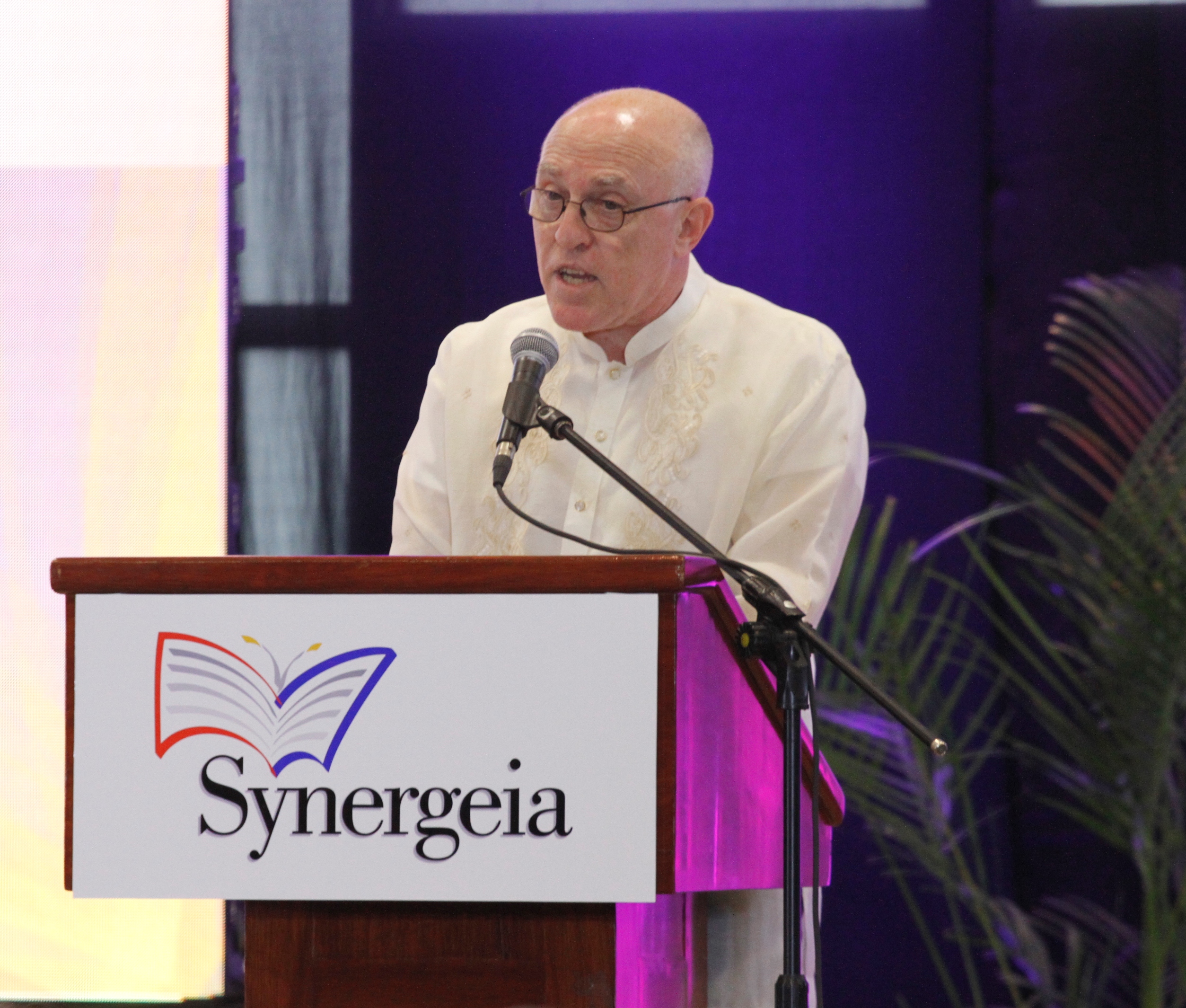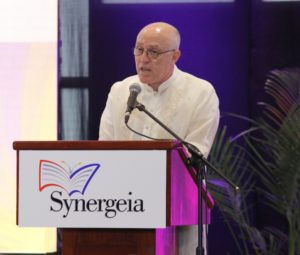The spirit of volunteerism in the community comes alive with the presence of SGCs. Since it is composed of representatives of different sectors in the community, beyond parents and teachers, each one connects to the other, the PTAs and the SGCs, the barangay council, the alumni, the youth sector, religious-oriented groups, etc. Ultimately, forces and efforts gather together to produce a sum greater than its parts. This is the cutting edge of Synergeia’s approach to education reform.
Volunteerism is a hallmark of the School Governing Council governance structure. As expressed by one active SGC member: “Volunteering connects me to others. It is good for my mind and body. It also helps me build upon skills I already have and use these to benefit the greater community. As a volunteer, I derive great pleasure in helping others but they also help me to
become a better person.”
A chairperson of an SGC remarked that she did not realize the enormous responsibilities placed on schools but now she understands why Republic Act 9155, Governance of Basic Education Act, provides among others, for the parents and the community to be actively involved in the education of our children.
In one school, the young people who are in high school and college volunteer on weekends and read to the children. In another school, SGC officers conduct a reading activity for slow and non-readers during lunch break for 30 minutes. The officers also partner with the school teachers in managing a milk and biscuits feeding activity supported by an individual donor.
We look forward with robust optimism that the SGCs supported through the years will continue to play a vital role in partnering with our schools to further enhance the quality of public education. Through SGCs, may every child be given the chance to develop the love of learning in a safe and secure environment, and be guided and molded by competent and caring teachers and the wider school community towards a holistic child development.
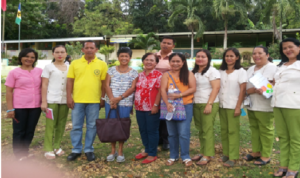
Two of the 301 functional SGCs across the country: the SGC of Jandig ES and the SGC of Sta. Cruz ES, both of Maribojoc, Bohol.
